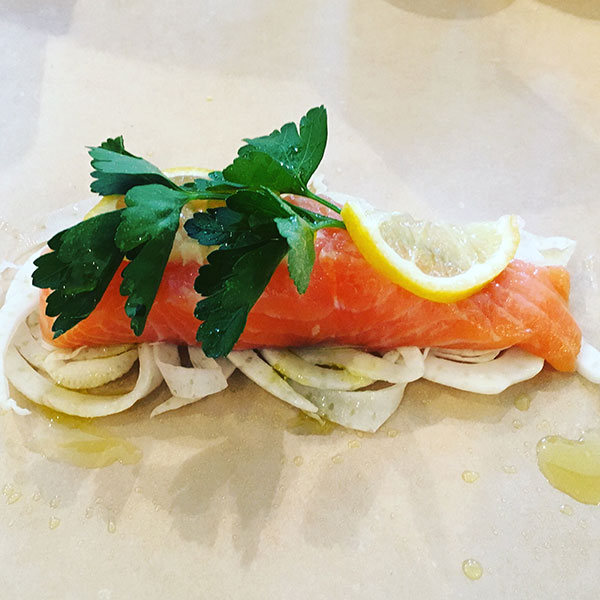
Our gut digests foods, absorbs nutrients and is the largest interface between our bodies and the external world. Keeping these three functions in good shape can help your immune system and general health especially during the winter months.
The intestinal mucosa is the physical barrier between our gut and the external environment and it is covered in trillions of microorganisms that make up the intestinal flora. The most common beneficial bacteria are lactobacilli in the small intestine and bifidobacteria in the large intestine.
How does your intestinal microflora protect your health?
• Helps maintain a healthy intestinal mucosa. A damaged mucosa can cause poor nutrient absorption and allow toxins and undigested foods entry into the bloodstream. Our immune system responds by attacking these toxins, pathogens or undigested food and in the long term this can contribute to the development of inflammatory, autoimmune diseases or allergies.
• Deter growth and expansion of pathogenic microorganisms such as E. coli, Helicobacter pylori, Salmonella and Listeria by limiting the space that can colonize. Imbalance in the intestinal flora, known as dysbiosis, has been identified as a contributing factor in diseases such as irritable bowel syndrome (IBS), Crohn’s disease and atopy.
• Plays an important role in the production of lactase, the enzyme that digests lactose and without which our gut wold be unable to metabolize sugars in dairy products causing bloating, diarrhoea and cramping.
• Produces lactic acid which inhibits some pathogens such as bacteria and yeasts. The bacteria in our intestinal flora also can deactivate toxic elements such as certain mercury compounds.
• Contributes to the production of secretory IgA (sIgA) which is found in the walls of the gastrointestinal system and neutralizes viruses and bacteria before they enter the bloodstream.
How to support your intestinal flora?
• Following a diet low in sugar. Sugar in cakes, cookies, drinks and refined grains like pasta and white rice, promotes the growth of yeasts such as candida that can upset the balance of our intestinal flora.
• Drinking alcohol in moderation because excessive drinking promotes the growth of pathogenic bacteria and damages the gut wall.
Consuming foods rich in prebiotics that stimulate the growth of beneficial bacteria in our gut. Bananas, onions, garlic, asparagus, jerusalem artichokes, leeks and soy beans contain high levels of prebiotic.
• Including fermented foods in your diet such as yogurt, kefir, kimchi, saurkraut, miso, tofu or tamari (wheat-free soy sauce) sauce because they are rich in probiotics that help maintain the balance of intestinal flora.
• Drinking green tea because it contains polyphenols that increase levels of beneficial bacteria.
• Increasing fibre in your diet. Intestinal bacteria ferment fiber unrefined grains such as bread, to produce the energy required for operation of colon cells.
• Reducing stress levels. Research indicates that stress reduces the sIgA immune system response in the intestine allowing the colonization of the intestinal wall by pathogenic bacteria.
• Exercising regularly helps to reduce stress and also fights constipation which causes accumulation of toxins in the bowel wall
• Eating oily fish, quinoa and chia seeds, foods rich in omega-3, which allows probiotics adhere to the intestinal wall.
• Including foods high in vitamin A (liver, eggs) and beta-carotene (fruits and vegetables like squash, broccoli, spinach, mangoes, nectarines, etc.) in your diet as they help to maintain a healthy intestinal mucosa and promote the activity of the intestinal immune system via sIgA.
• Introducing seafood, red meat, seeds and nuts in the diet because they contain zinc, mineral necessary for the recovery of the intestinal mucosa.